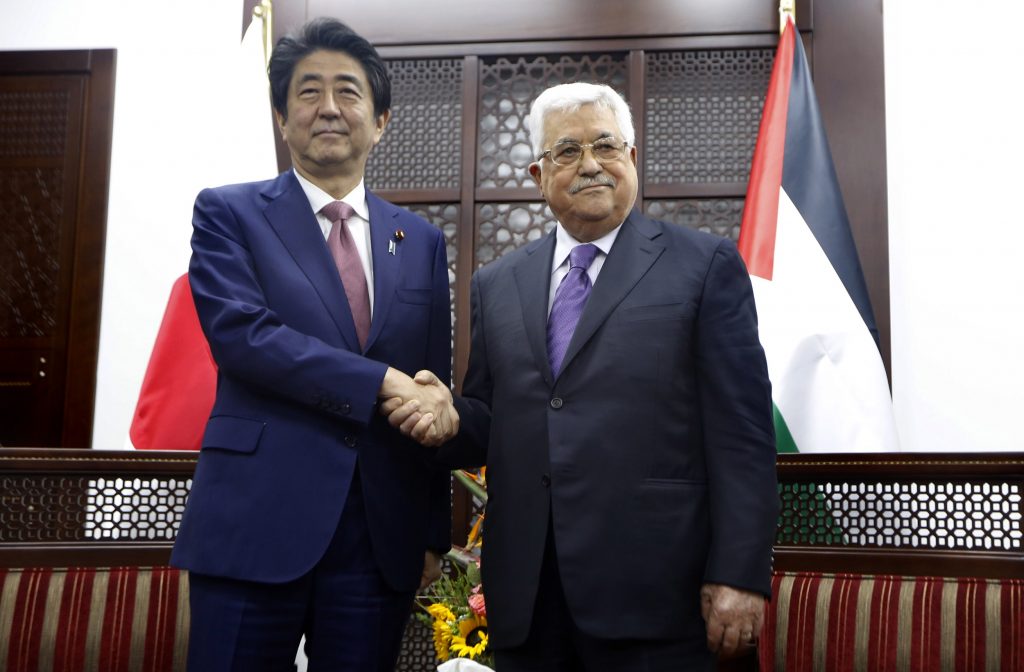
- ARAB NEWS
- 14 Jul 2025

Emina Osmandzikovic, Abu Dhabi
The story of Japan’s transformation, and massive step forward from its Second World War history, is reflected in the country’s reputation as a modern, innovative and economically developed country.
In an attempt to gauge Arabs’ perception of Japan on various topics, namely general understanding of the country, its culture, society and economy, Arab News, as part of the launch of its Japan edition, engaged YouGov, the internet-based market-research company.
The pan-Arab poll was conducted across 18 countries and covered a range of topics from space and oil to anime and the G20.
Knowledge of Japan across the Arab world varied from topic to topic, but the overall perception of Japan is positive and increases with age. Younger generations have a more dynamic understanding of Japan based on cars, technology and anime.
Most importantly, Japan is also seen as a trusted source of conflict resolution.
As the survey reveals, some common misconceptions include the perception that mobile phones, personal computers and cameras were invented by the Japanese, whereas the awareness of Japan’s role in inventing LED lights and the walkman is generally low.
Only 19 percent of Arab respondents think that Nintendo is a Japanese invention, a finding that was consistently low across all countries in the region with the exception of Lebanon; 56 percent of Lebanese respondents correctly identified Nintendo as a Japanese brand.
The vast majority of respondents consider the relationship between Japan and the Arab world to be a positive one.
Saudi and Emirati respondents were the most likely to describe the relationship as positive, with Saudis the most positive respondents from Gulf Cooperation Council (GCC) countries. Those who have visited Japan are more supportive of the relationship (38 percent) than the average 30 percent.
When it comes to the knowledge of specifics about Japan, 52 percent of respondents correctly identified Japan as the G20 host for 2019. The numbers rose with age — 73 percent of respondents aged 40 and above correctly identified Japan as a G20 member.
Peculiarly, 40 percent of Arabs think that Japan is a member of the UN Security Council.
The majority of Arabs also think that Japan is a nuclear power (60 percent), with GCC nationals being equally polarized on whether Japan has nuclear weapons.
Younger respondents aged 16-24 were less informed, on average, about Japan’s economic and political standing, with the awareness and knowledge increasing with age.
When asked to name the most neutral mediator for a possible deal between Israel and Palestine, Japan ranked first for 56 percent of Arab respondents, followed by the EU (15 percent) and Russia (13 percent).
The support for Japan’s mediation increased with age, as 66 percent of respondents aged 40 and above ranked Japan number one, compared to 45 percent of those aged 16-24. More respondents from the Levant believe Japan is the best mediator when compared to the average, with 50 percent of Palestinian respondents ranking Japan as their number one choice.
Generally, Arabs seem to underestimate the reliance of Japan on GCC oil imports, as half of the survey respondents (53 percent) believe Japan imports 40 percent of its oil from the GCC.
Only three in ten people rightly assumed that the imports amounted to 85 percent. A higher proportion of Saudi nationals (37 percent) were aware of Japan’s oil reliance than the average Arab respondent (29 percent).
When it comes to non-oil industries, the Japanese car industry has had a long and successful history in the Middle East. According to the survey results, Toyota is the favorite Japanese car brand among Arabs with 35 percent selecting it as their favorite car.
Overall, Japan is ranked number one in terms of quality of its products, followed by the US, South Korea and China. Out of a mixed list of brands, Sony took first place as the most recognizable Japanese brand (60 percent), followed by Muji (32 percent).
The results were similar across all countries with male respondents (66 percent) and older respondents (78 percent) recognizing Sony more than the average.
The survey revealed an overwhelming desire to visit Japan among the respondents (87 percent), stable across all age groups and both genders. Out of all survey respondents, Emiratis were the most likely to have visited Japan already (13 percent), when compared to the average (4 percent).
When it came to entertainment, three in five associated Hello Kitty with Japan (61 percent), rather than the US (19 percent), China (15 percent) or France (6 percent).
Around 62 percent of respondents in the youngest age cohort (16-24) associated anime with Japan, the overall favorite anime among Arabs being Captain Majid (75 percent), followed by Pokemon (48 percent), Dragon Ball (37 percent) and Grendizer (36 percent).
Grendizer was significantly more popular among people aged 40 and above, with 56 percent reporting the Super Robot character as their favorite.
Turning towards the future and space, 66 percent of Arab respondents correctly identified Japan as the UAE’s partner in its space program, with numbers increasing to 81 percent in the UAE itself.
In the final analysis, regardless of whether the respondents had only a few facts or a deep knowledge of Japan, the country is generally perceived in a positive light and regarded as a trusted partner in the Arab world.
The survey also reveals that Japan appeals to different age groups in different ways, which testifies to the breadth of the country’s influence in the region and opportunities for mutually rewarding exchanges going forward.